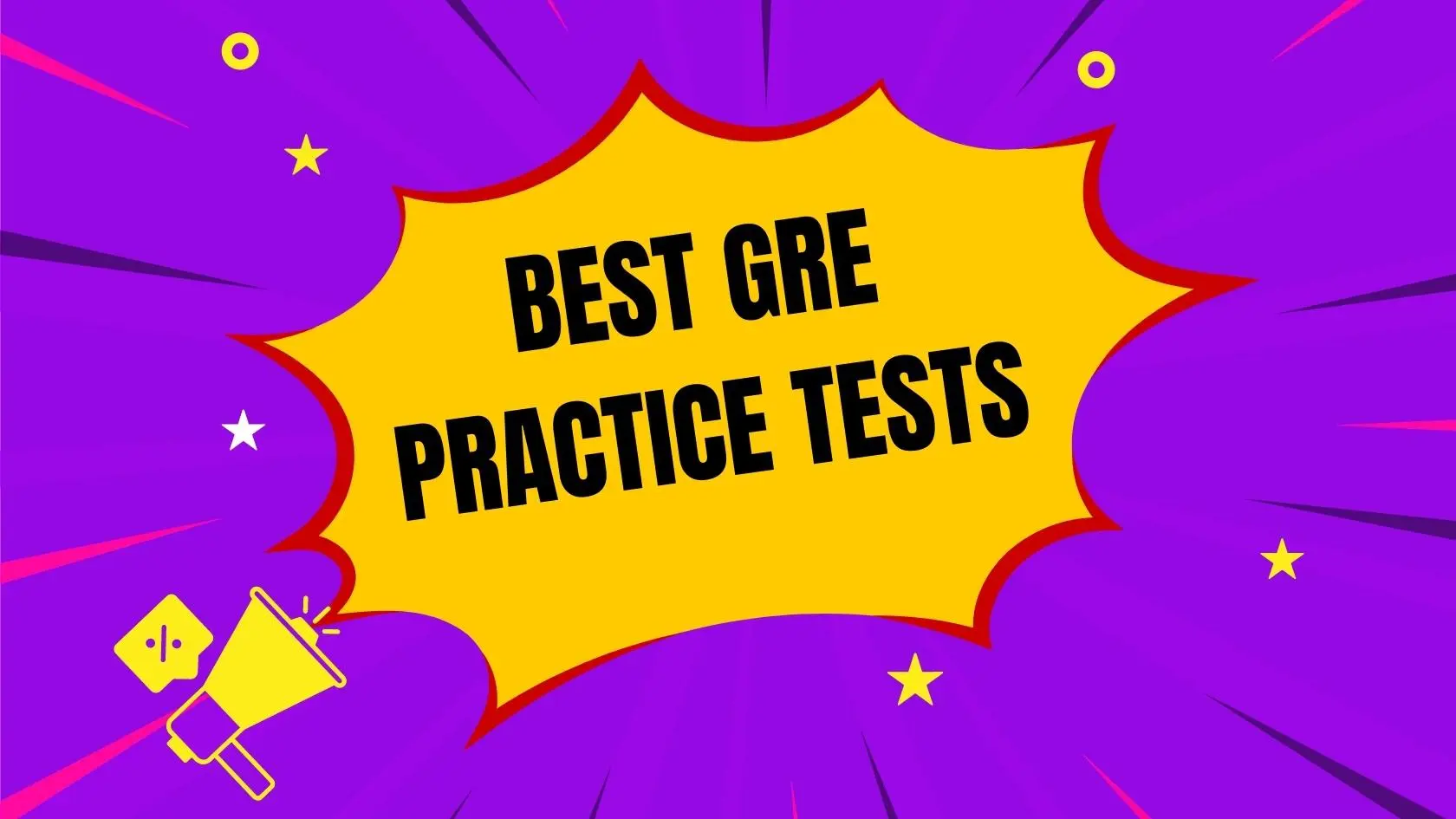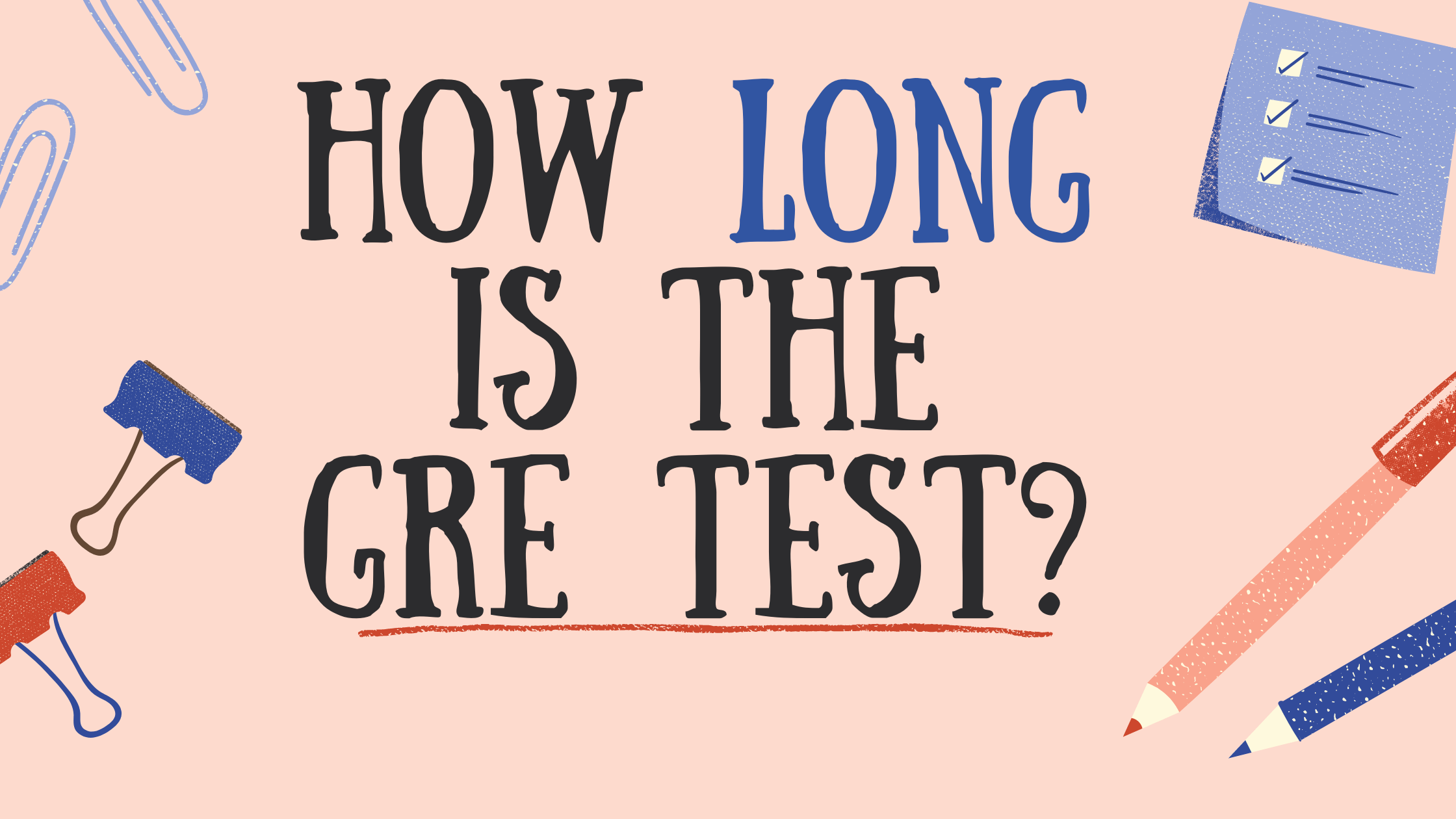To score well on your GRE test, you need a good study plan and the ability to follow it. But what is a good GRE study plan and how to make one?
A good GRE study plan is one that is customized based on your personal needs. It takes into account your diagnostic score and your strengths and weaknesses and charts out a studying strategy accordingly.
You can either make this plan yourself by carefully assessing the aforementioned factors, or you can go for professional mentoring.
ScholarDen offers free mentoring where you can seek assistance from professionals. They can help you create a customized GRE study plan for yourself and guide you every step of the way.
Importance of Customized Learning
Why should you not follow someone else’s plan? Why is there a need for a customized study plan? That is because a good customized study plan will be tailored to fit your specific needs. You must realize that every person is different and needs a plan that takes into account factors like his diagnostic score, academic background, daily routine, strengths, and weaknesses in terms of subjects.
This is why following study plans of past high-scorers is not recommended. A plan that worked for them might not work for you.
Read on to find out how to make a customized GRE study plan for yourself.
“If you fail to plan, you are planning to fail.” – Benjamin Franklin.
How to Make a GRE Study Plan
Making a GRE study plan requires you to follow a few steps. Each step has a significant role and contributes to making your plan more efficient, so do not skip any.
STEP: 1 – Taking the Diagnostic Test
A good way to get a head start on your preparation is to attempt a full-length GRE practice test also known as the Diagnostic test. This way, you will know where you stand without any preparation. You do not need to be scared of your performance as it is the baseline score. This baseline score will help identify your weak and strong areas.
STEP: 2 – Analyze Your Weak Areas
From here onwards, you can build a study plan that will highlight those weak points so that you can work on improving them. Based on thousands of success stories, the most effective way to improve your score is to focus on the weak areas first. Random and disorganized preparation will not help you improve. Rather, it will waste your time and leave you exhausted. However, if you follow a systematic plan and improve your weak areas first, your score will drastically improve.
STEP: 3 – Using the Right Resources for Prep
The key is to use the right resources at the right time.
There is no ‘one size fits all’ approach. Let us discuss some scenarios, to make it more understandable. To keep these examples simple, we are referring to the quantitative section only.
Scenario A: You have a medical or social sciences background.
Imagine your basic concepts are weak; you will have to focus on Mathematics concepts and gradually move up the ladder to learning strategies, practicing advanced questions, and then finally attempting mocks.
Scenario B:
You are an engineer, and your mathematical concepts are good (except for a few areas), but you are unable to solve medium to hard-level questions.
If you have only a few weak concepts, you can focus on them only and not cover entire GRE Mathematics lessons. This smart technique will save time and help in improving your score. After covering all your weak areas, you can start practicing questions.
Start with the easy-level questions and gradually move all the way up to the hard level. After every set of practice questions, you should review your mistakes and maintain error logs. Once you have improved all your weak areas, you should move to the final stage of mocks.
Scenario C: You are an Engineer with excellent Mathematical skills but need more practice to solve hard-level questions.
You have a good grip on all the concepts and can easily solve easy to medium-level GRE maths questions but only have trouble solving harder questions. You can directly go through tips and tricks lessons. Once you know the right strategies to solve hard-level questions, you can start practicing.
After every set of practice questions, you should review your mistakes and maintain error logs. Once you have improved all your weak areas, you can move to the final stage of mocks.
In these scenarios, you have noticed that every scenario has to follow a different route to prepare for the GRE quantitative section.
In addition, during your preparation, make sure that the resources that you use are not outdated. There are several PDF books and e-resources that might seem tempting because they are free, but they won’t help you get anywhere. For a better understanding, read this article about useful GRE resources.
STEP: 4 – Mocks
This is the last step of your preparation. Once you have completed and revised the entire syllabus, you move on to mock tests. Reenact the environment of the GRE exam and keep a stopwatch with you.
These tests will help you assess your preparation and build the stamina for your actual test. Moreover, they will tell you whether you can complete the test within the time limit or not.
Depending on the days you have left, you can attempt as many mock tests as you want.
Preparation Time
Based on your selected graduate programs and desired universities, you can determine the score you need to get in. Preparation time depends on the gap between your current score (diagnostic test) and your target score. The higher the gap, the more you need to study.
The GRE Test has a total of 80 points, i.e., 260 (lowest) and 340 (highest). The scores are generated based on the following sections;
- Verbal Reasoning Section
- Quantitative Reasoning Section
Below, we have provided a table that lists the score difference and a rough estimate for the time required to improve your scores.
| Diagnostic Score | Target Score | Score Difference | Average Prep Time |
| 300 | 330 | 30 | 5 months |
| 300 | 320 | 20 | 3 to 4 months |
| 290 | 310 | 20 | 3 to 4 months |
| 280 | 300 | 20 | 3 to 4 months |
| 260 | 300 | 40 | 6 months |
Importance of GRE
Your GRE scores play an important role in distinguishing you from all the other applicants who are applying to the same grad school. Hence, you must use your resources smartly and try to score as much as you can on your GRE test. A good study plan can be very helpful in this regard, as it will keep you on track and help you manage your time more efficiently.
The bottom line is not to look at the GRE Test as your college exam for which you must cram every page of your textbook. Rather, identify your weak areas first and make an effective study plan. Use the right resources at the right time and study smartly to improve your score quickly.
Good Luck!
Read on: Is It really hard to improve your GRE score?









